News
August 20, 2025
IVADO Unveils the First Five Research Projects Funded Through its 2025 Exploratory Projects Program
Montreal, August 19, 2025 – IVADO is pleased to announce the funding of the first five projects under its 2025 Exploratory Projects program.
Launched last year, this program supports small- to medium-scale research projects that are innovative, bold and ideally cross-sectoral or interdisciplinary, enabling the exploration of new ideas aligned with IVADO’s R3AI initiative. It is specifically designed to support projects in their exploratory phase, including by providing funding for graduate and postdoctoral students involved in the research. You can visit the Exploratory Projects program page for more details.
Closed-loop Training of Molecular Generative Models
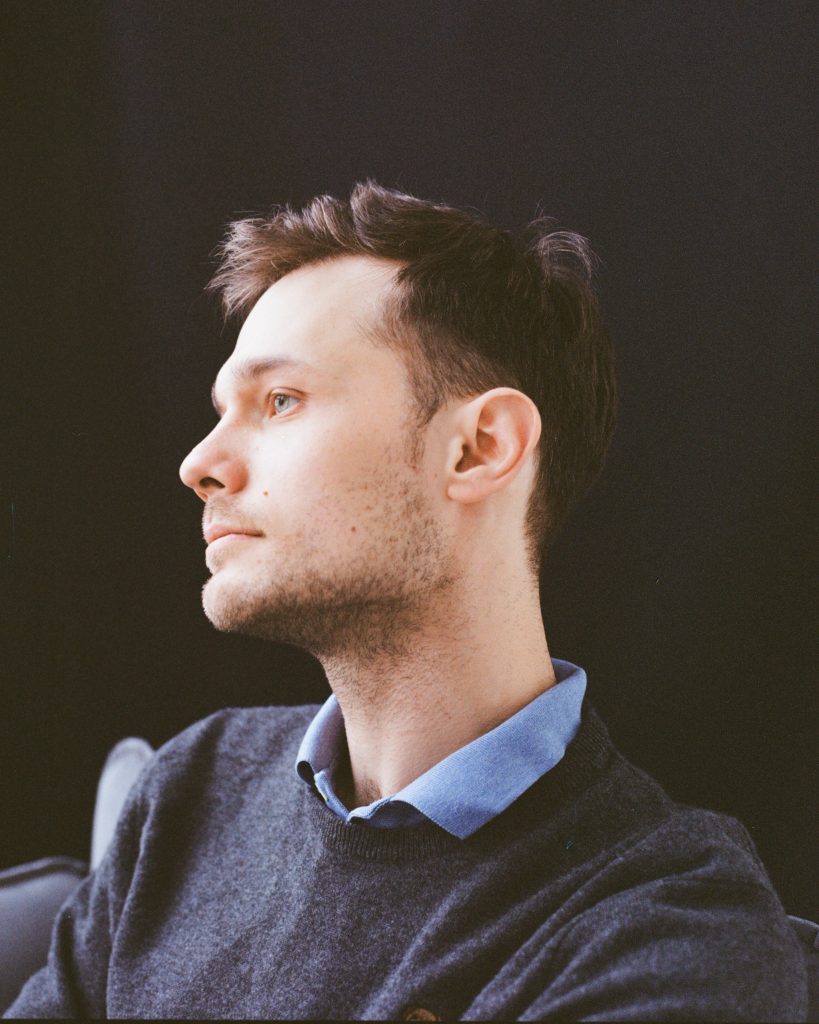
Principal Investigator: Kirill Neklyudov, Department of Mathematics and Statistics (Université de Montréal)
Co-Investigator: Dominique Beaini (Université de Montréal)
Funding awarded: $88 000
Theoretically, we can model physical and biological systems very precisely by solving the Schrödinger equation computationally. However, to solve it for different systems with many atoms, we employ AI algorithms, which require extensive experimental and simulated data for their training. In this project, we will study how one can solve the Schrödinger equation from the first principles without any data.
Arctic Symphony: When Artificial Intelligence Elevates Aesthetics for a Sustainable Future
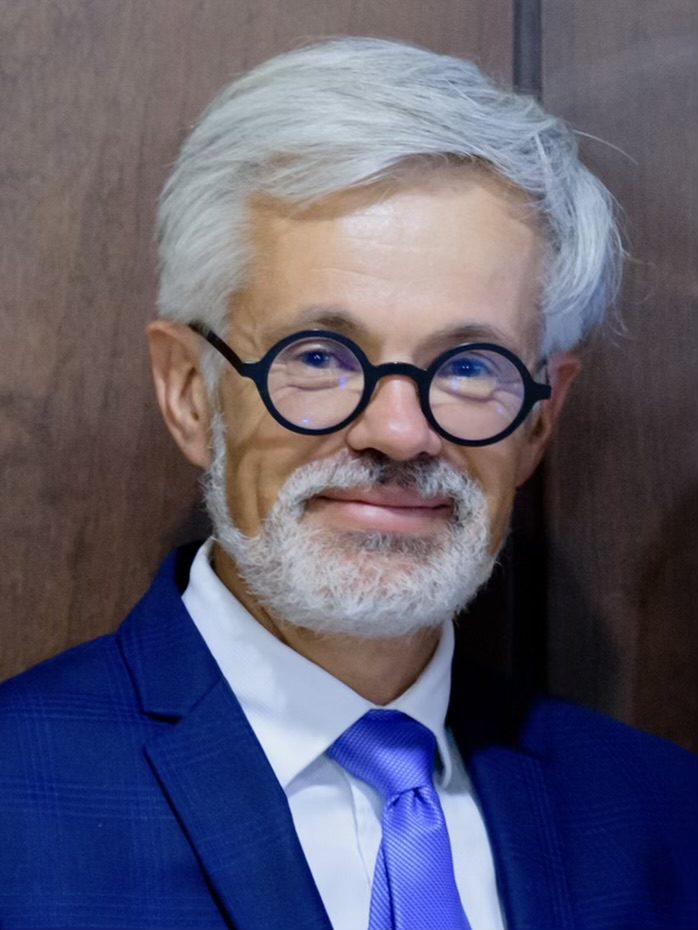
Principal Investigator: Olivier Beauchet, Department of Medicine (Université de Montréal)
Co-Investigators: Ryoa Chung, Daniel Fortier, Karim Jerbi, Jean-Michael Lavoie, Myriam Boucher (Université de Montréal)
Funding awarded: $100 000$
The Arctic Symphony project turns scientific data on ice melt and permafrost thaw in Nunavik into musical and visual artworks, leveraging artificial intelligence and co-creation between Inuit and non-Inuit artists. It seeks to inspire positive emotions in young adults, helping to prevent eco-anxiety and promote eco-resilience. This interdisciplinary initiative blends arts, neuroscience, and climatology in an innovative approach to environmental awareness and mental health.
DeepSeizure: Creating an Anonymized Open-Access Database of Epileptic Seizure Videos Using Deep Learning
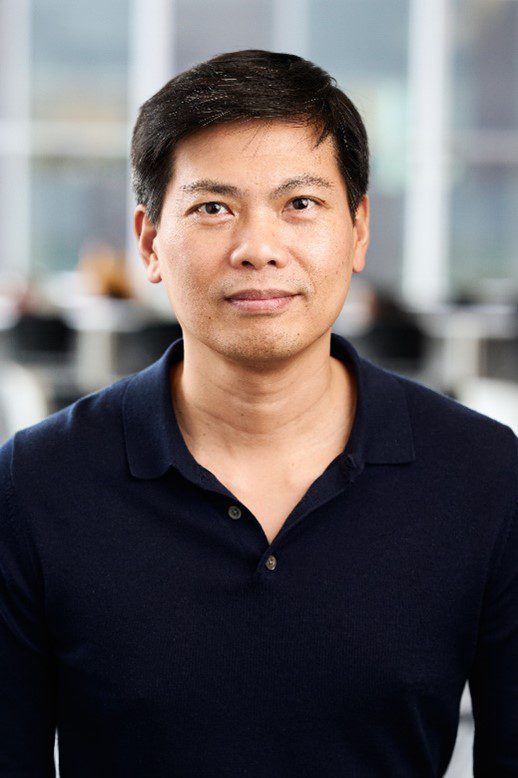
Principal Investigator: Dang Khoa Nguyen, Department of Neuroscience (Université de Montréal)
Co-Investigator: Élie Bou Assi (Université de Montréal)
Funding awarded: $100 000
Deepfake technology often has a negative reputation due to its association with misinformation, but it can also be harnessed for ethical and beneficial purposes. In this project, it is used to anonymize faces in videos of epileptic seizures while preserving clinically essential details for diagnosis. This approach protects patients’ identities while creating a comprehensive educational video database to train physicians and advance research.
Discovering Fault-tolerant Quantum Circuits with Generative Models
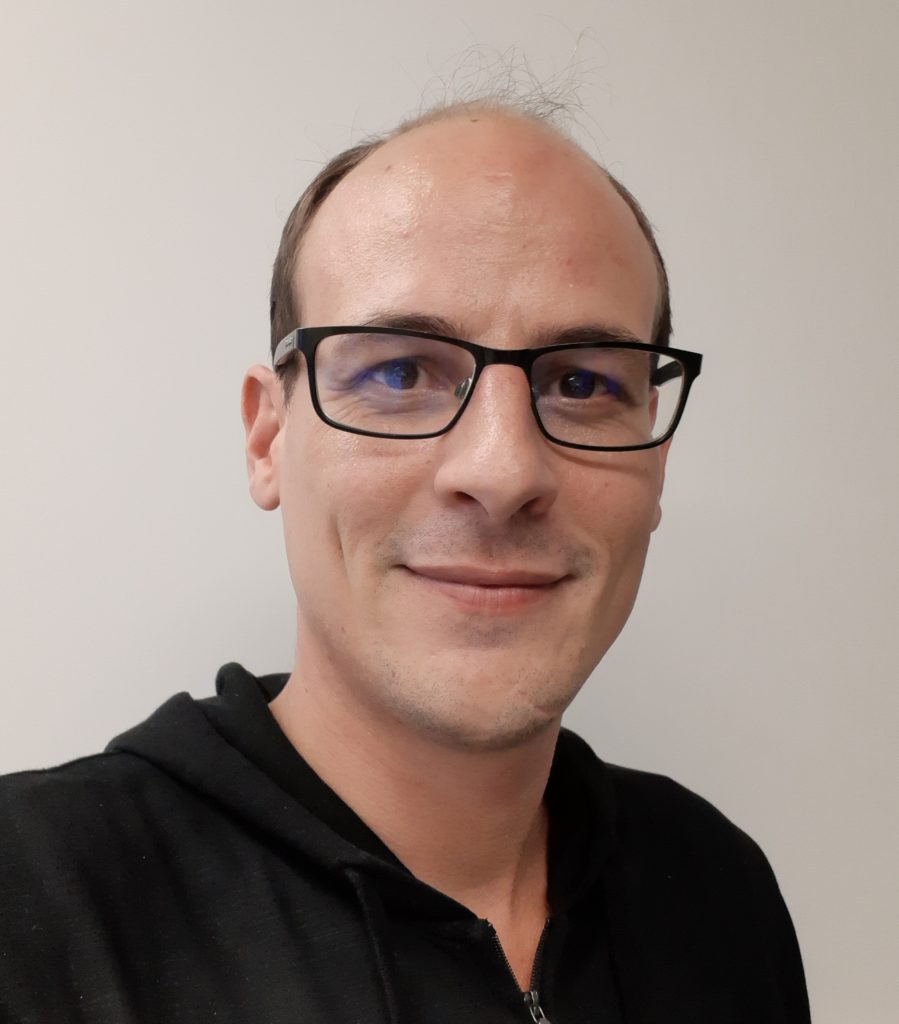
Principal Investigator: Guillaume Rabusseau, Department of Computer Science and Operations Research (Université de Montréal)
Co-Investigator: Achim Kempf (University of Waterloo)
Funding awarded: $100 000
We will build a tool that uses machine learning to design better quantum error-correcting circuits. These circuits help quantum computers work reliably, even when some components make mistakes. Our approach will automatically find new, efficient designs that could make future quantum computers more powerful.
The Swarm Orchestra: Bridging Collective Intelligence in Human and Synthetic Ensembles
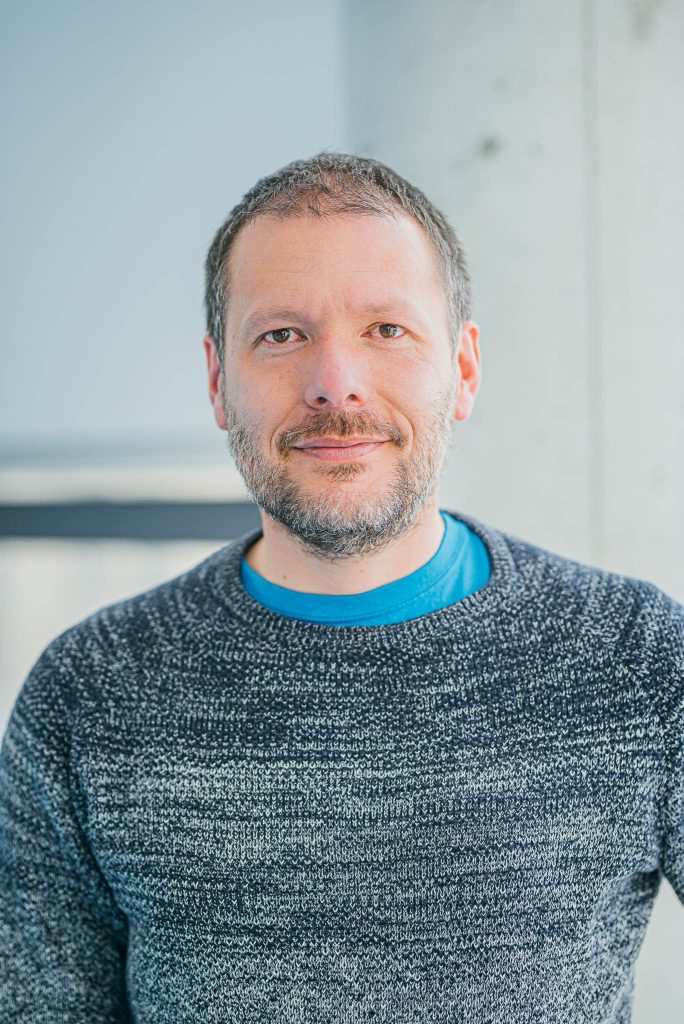
Principal Investigator: Giovanni Beltrame, Department of Computer Engineering and Software Engineering (Polytechnique Montréal)
Co-Investigators: Simone dalla Bella, Floris Van Vugt, Caroline Traube (Université de Montréal)
Funding awarded: $100 000
This research project aims to develop smarter robot swarms by studying how musicians naturally synchronize and coordinate during musical performances. We will use swarm intelligence principles to create a computational model that captures the leadership structures, communication patterns, and collective decision-making observed in musical ensembles like orchestras and quartets. By applying these musical coordination insights to robot swarms, we hope to create more robust and adaptable multi-robot systems that can handle complex real-world tasks like coordinated forest surveillance or search operations.